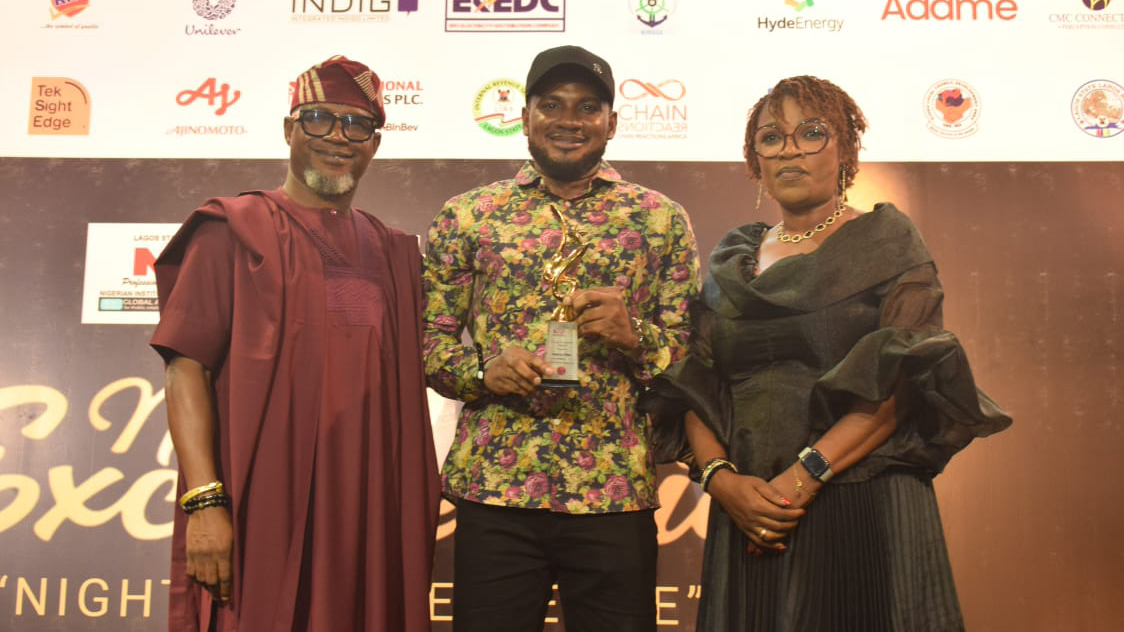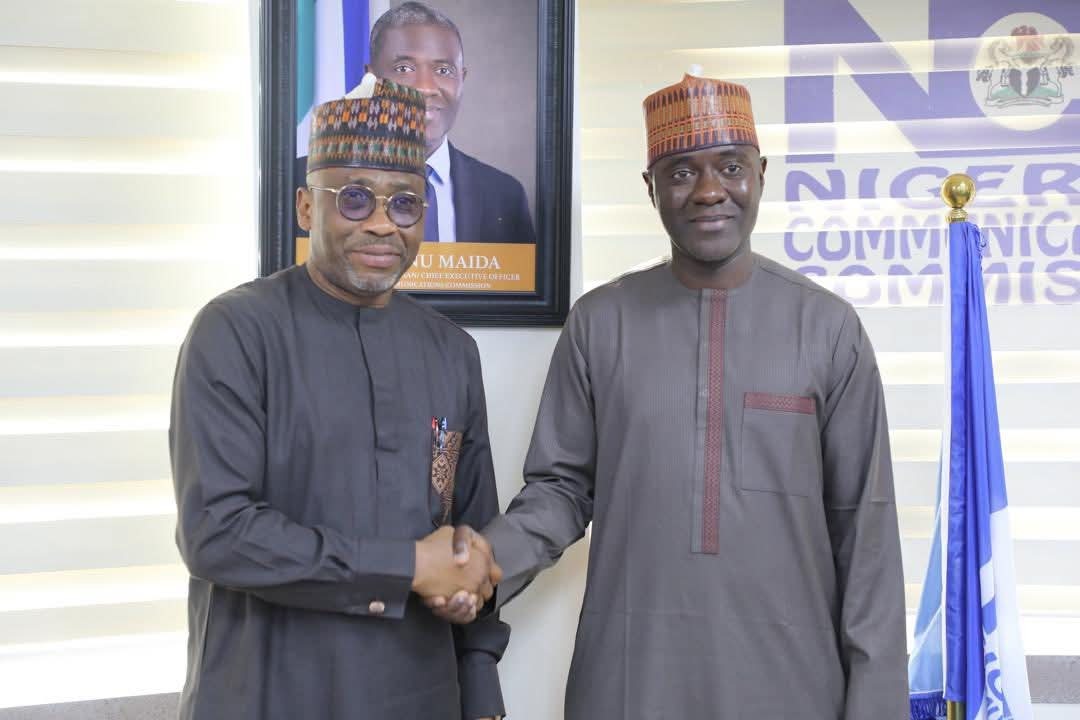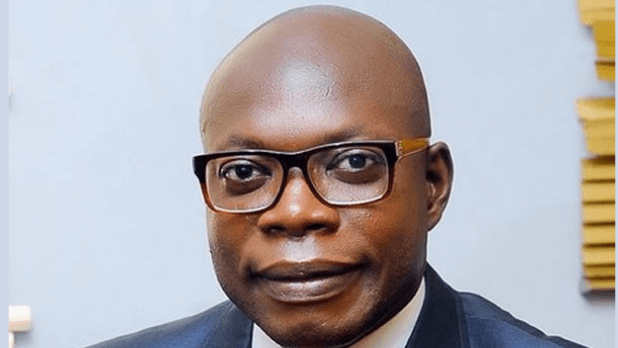Former Managing Director /Editor-in-Chief, The Guardian Newspapers, Martins Oloja, has said ethical journalism will continue to suffer reverses because of the operating environment, which is economically dominated by the public sector.
Oloja, who spoke at a recent symposium in honour of Ndubuisi Ugbede, former Director of Times Journalism Institute @ 70, insisted it is a robust private sector that could support press freedom.
Speaking on the topic, “Ethical journalism in 21st Century: The missing links,” he added multidimensional poverty, high inflation rate, foreign exchange crisis and high interest rate can’t enable press freedom to thrive.
Saying media ethics have tumbled, he observed that the growth of blogs and news websites have intensified the pressure to “get it first,” with less regard than ever for “getting it right.”
He noted, “that is why you always find these days unethical practices of print media houses giving awards to the sources we should monitor and hold to account.”
Recently, he observed a major newspaper owned by one of the nation’s media icons organised very elaborate media awards. He recalled, “the governors who are generally regarded as major critical failure factors of our country and other key state actors we should question are the award winners. What of our user-friendly and unethical legislators? They too will win awards most of them have duly paid for. What of the unethical businessmen and women here who are supposed to be investigated for unethical practices? They too are award winners? What kind of ethical journalism do you expect on the beats of such award winners? After today, will you now wonder why most newspapers can’t report the odd, the ugly and the unusual happenings in Rivers, Osun and even Lagos states? Are you still wondering why energy editors can’t probe further why there is more importation of PMS despite the commissioning of the Dangote Refinery where even the United States now import jet fuel? Is it clear now why Nigerian journalists can’t investigate why elimination of landing costs haven’t led to lower cost of fuel? There are more unreported issues that have enhanced low patronage for our newspapers and even digital organs. It is a customer-centric business. But India, Israel and even Kenya still sell more print editions of their newspapers we can’t sell here anymore as we blame the social media.”
Saying ethical journalism still matters because it is the foundation of a healthy democracy, he listed principles of ethical journalism as, seeking the truth; minimising harm; being transparent and accountable.
In his recommendations on promoting ethical journalism in the 21st century, he advocated media literacy programmes; journalism training programmes; independent media outlets and protection for journalists.
In his presentation, Executive Director, Media Career Development Network, Lekan Otufodurin, spoke on, “Bridging the gap in journalism education in Nigeria and beyond.”
He identified gaps as students’ indifference in journalism career; the impression that print journalism is tough; too many students in classrooms; bureaucracy in adjusting curriculum; lack of enough facilities to teach practical courses among others.
As a way out, he canvassed structured collaboration between trainers and practitioners, including staff exchange.
He said lecturers should go for sabbatical in newsrooms, while journalists should be hired as adjuncts and fellows; media organisations should regard it as an obligation to support media schools and take internship more seriously; accommodate emerging industry trends in courses while waiting for approval of change in curriculum.
Other suggestions include, students should be exposed to more learning opportunities beyond the classrooms; active participation in campus journalism and trainings provided by media support groups; mentoring for students and lecturers; continuous learning opportunities for practising journalists among others.
In his welcome address, president Times Journalism Alumni Association, Clifford Franklin Agugoesi stated that turning 70 is a significant life event, marking a new decade and often prompting reflection and celebration.
To Agugoesi, “a 70th birthday is considered a milestone, a milestone birthday, often referred to as a ‘septuagenarian’ birthday and is sometimes, associated with the ‘Platinum’ milestone. Pastor Ugbede loves it the more when you call it his platinum birthday. He is among those who consider a 70th birthday to be “platinum” milestone symbolisimg endurance, strength, and the rare nature of reaching this age.”






